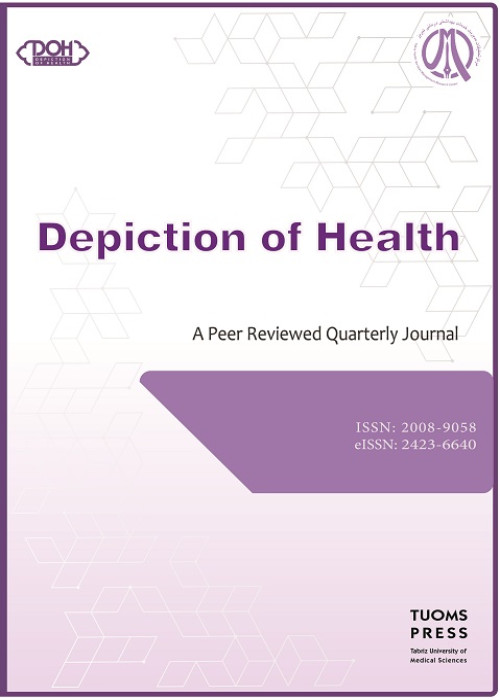The Status of Environmental Literacy and its Relationship with Environmental Ethics among Secondary Education Schools Students
In order to adopt an educational program to promote students' environmental culture, the status of students’ environmental conservation literacy should be determined. Hence, this research aimed to evaluate the environmental conservation literacy and its relationship with environmental ethics among secondary education schools students, as young generation, in a Middle East country.
This descriptive survey was conducted in Khoy, a city in the central district of Khoy County, West Azerbaijan province, Iran, in 2022. The sample size was determined using Cochran's statistic and comprised of 350 individuals selected in two stages from a pool of 14,000 students. The data collection tool was a researcher-made questionnaire about environmental knowledge, attitude, performance, and ethics. Three environmental and three education specialists used the content validity rate (CVR) assessment form to assess the validity of the questionnaire; the questionnaire validity index was calculate 0.79. The reliability of the questionnaire was also conducted through pilot research, and its value was calculated using Cronbach's alpha test as 0.76. The data was analyzed with nonparametric statistical tests such as the Mann-Whitney test in SPSS version of 22.
The average scores of environmental knowledge, attitude, performance and ethics were respectively: 87.6, 84.5, 50.6 and 82%. Between these four variables, there is a significant correlation with the correlation coefficients of knowledge and attitude 0.51, knowledge and behavior 0.2, knowledge and ethics 0.36, attitude and behavior 0.47, attitude and ethics 0.51, and behavior and ethics 0.47 was obtained. With the increase of the educational level, the knowledge score increased, but it had no effect on the other three variables. The variable of education level of students' parents showed a positive effect only on the knowledge component. The difference in the knowledge, attitude and ethics scores of boys and girls was not significant, but the behavior score of boys was 5% higher. There was no significant relationship between the scores of all four variables and the financial status of the student’s family.
The first secondary school students of Khoy city had a relatively favorable level of knowledge, attitude and ethics (score 85%), but the level of environmental performance was weak (50.6%). Therefore, it is inferred that the acquired knowledge and attitude is not deep and effective to lead to the desired improvement of environmental conservation behavior. So, it is necessary to be cultured children's environmental literacy from the preschool and elementary school levels.
- حق عضویت دریافتی صرف حمایت از نشریات عضو و نگهداری، تکمیل و توسعه مگیران میشود.
- پرداخت حق اشتراک و دانلود مقالات اجازه بازنشر آن در سایر رسانههای چاپی و دیجیتال را به کاربر نمیدهد.


